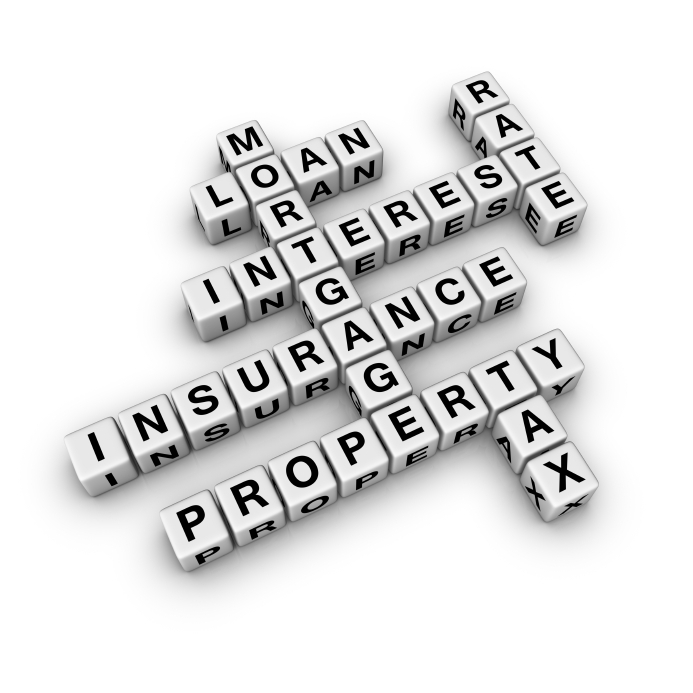Is this coverage right for you?
Another thing to take into consideration during your low mortgage rate shopping process is Mortgage Life Insurance, which is different than Mortgage Default Insurance.
What is Mortgage Insurance?
Mortgage Insurance is also referred to as mortgage life insurance and creditor insurance. In Canada, banks use post-claims underwriting for Mortgage Insurance. They only confirm that you qualify after you submit a claim.
Here are a couple of reasons why you ought to take a look at options aside from Mortgage Insurance:
- Coverage decreases with time.
- While your premiums remain the same throughout of your mortgage, the coverage you’re receiving is in fact decreasing with your Canadian mortgage rate balance.
- Coverage is not eternal.
- Your mortgage insurance will simply last as long as the “term” of your mortgage.
- The lender is the beneficiary.
- Assuming that your claim has been approved, the lender is the recipient and the money goes straight into their pockets.
What’s the Alternative?
Another choice is to purchase Term Life Insurance. With Term Life Insurance your coverage does not decrease with time, you’re approved in advance, and the money goes straight to you.
Term Life Insurance
The most common types of term life insurance for mortgage protection are 10-year, 20-year, and 30-year terms. These products charge consistent premiums for that time period. No medical examinations in the middle, no re-qualifying, and no surge in premiums.
Life Insurance Benefits
Individual term life insurance products are not tied to your mortgage.
Name Your Own Beneficiary
Plus, the majority of term life insurance policies in Canada have what’s referred to as a conversion privilege. This enables you to trade in your term life insurance policy for a permanent life insurance policy– without a medical examination.
Other advantages of life insurance consist of:
- Discounts are offered based on your health and your family history.
- Premiums are taxed at a much lower rate.
- Versatile– you can switch mortgage lenders and take the coverage with you if you move or you can convert a term policy into a permanent policy.
- Policy terms do not alter and in most cases the policy premiums are guaranteed.
- If you’re shopping for mortgage insurance, you ought to consider life insurance as an alternative option.
Shop Around
Compare life insurance rates to the mortgage insurance rates provided by your bank.
Top It Up
Think about purchasing or topping up an individual life insurance policy to cover your best mortgage rate instead of utilizing mortgage insurance.
Speak with an Expert
Speak with a licensed insurance broker, not just your mortgage broker, to get insight on coverage.
